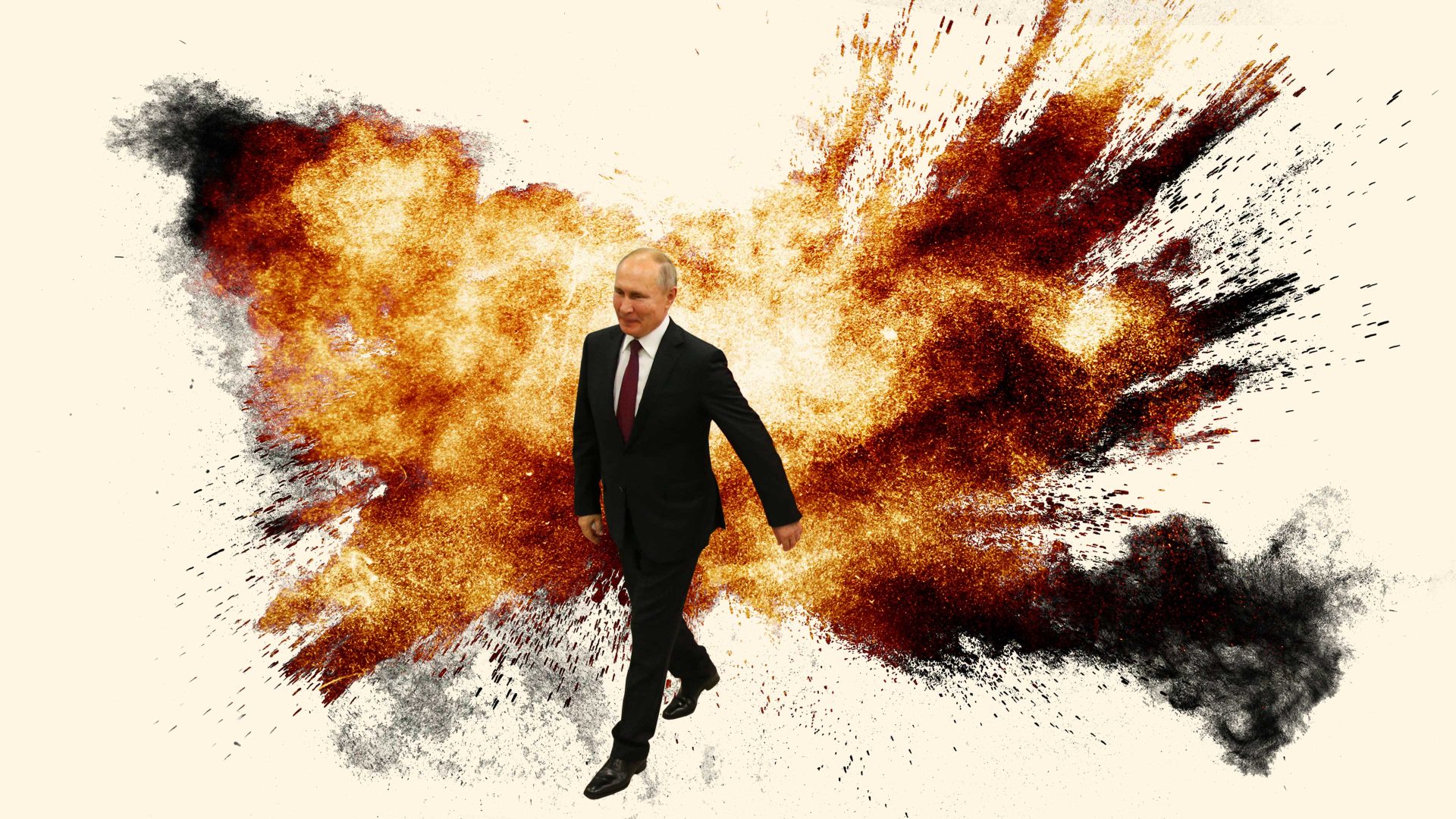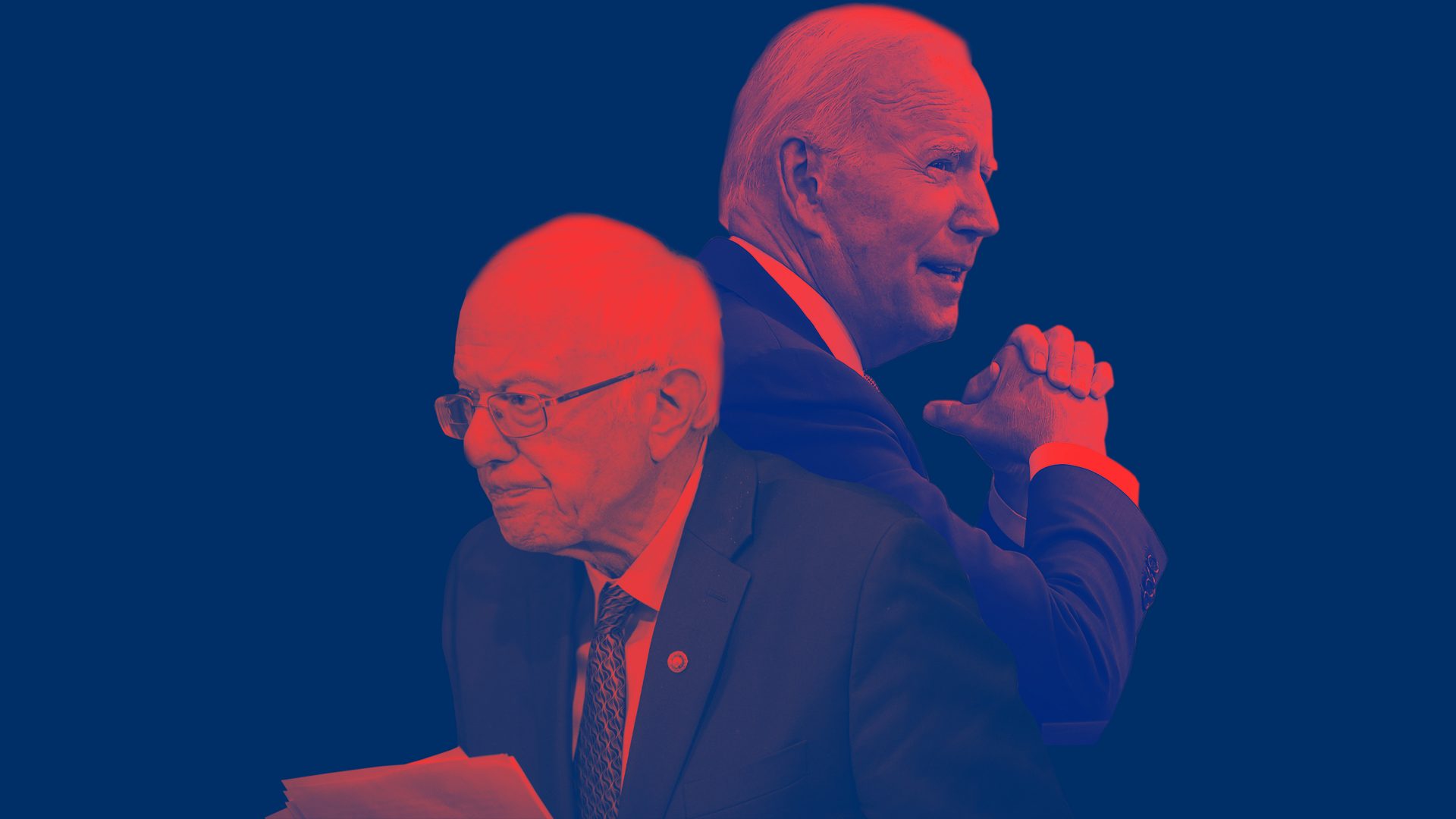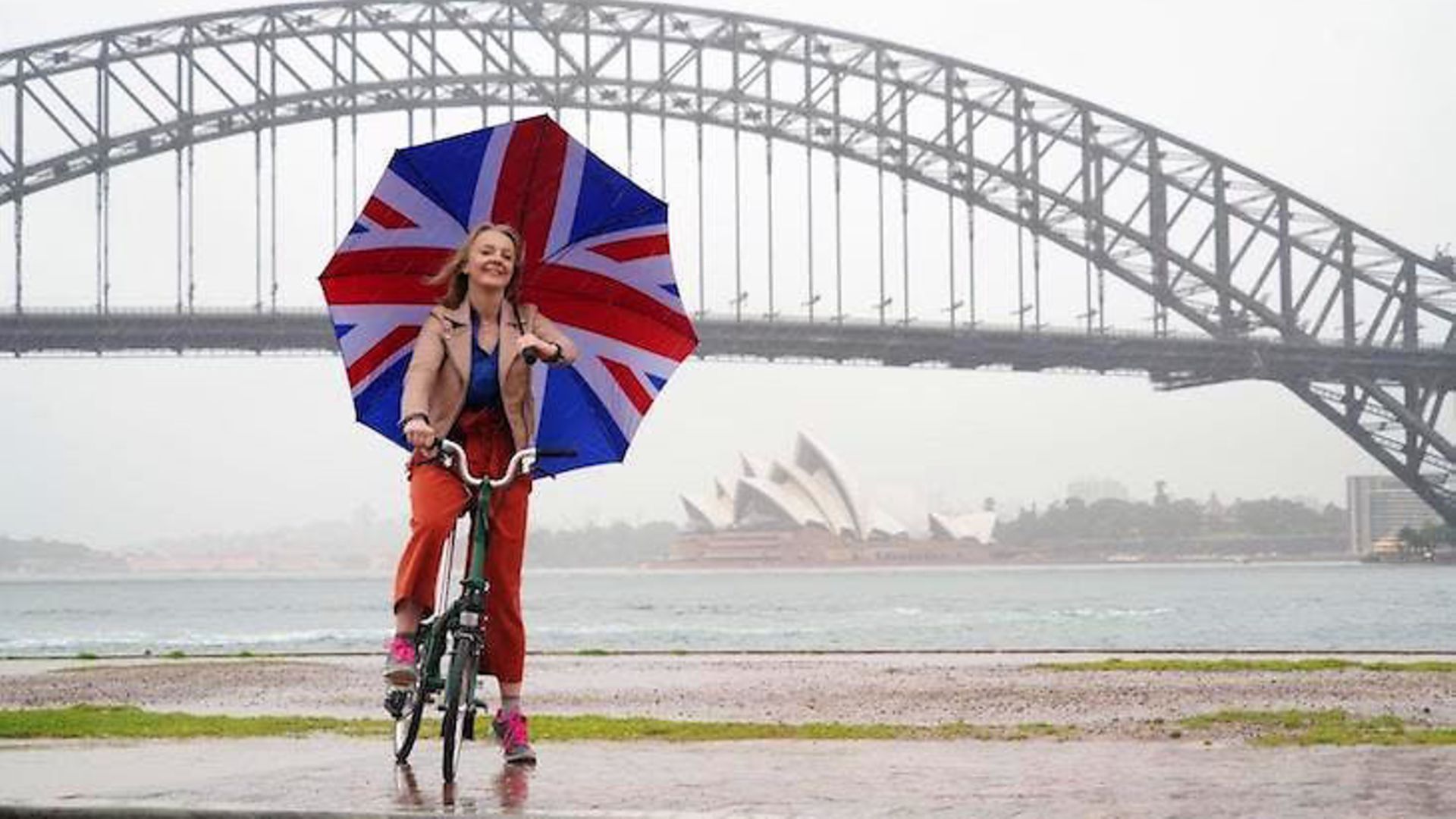It was the explosion that rocked a quiet western suburb of Moscow and marked a new phase of both Vladimir Putin’s war in Ukraine and his reign in Russia. Several scenarios have been advanced to explain who planted the Toyota Land Cruiser bomb that killed Darya Dugina, daughter of Alexander Dugin, referred to as “Putin’s Rasputin” by some Russia analysts. None of them look good for the man in the Kremlin.
Russian investigators quickly stated that “the crime was pre-planned and a murder for hire”. However, the following day, a former member of Russia’s Duma, Ilya Ponomarev, claimed that a new underground group dedicated to overthrowing Putin, the National Republican Army (NRA), was behind the bombing. Twenty-four hours after that, the Federal Security Service (FSB) claimed they had identified an undercover female Ukrainian operative responsible for the attack, although these claims were met by denials from Kyiv and scepticism in the West.
The activities of another political influencer designed to keep Putin in power, ironically also referred to as “Putin’s Rasputin”, may mean we never know the real motivation behind the attack. We don’t even know whether the NRA actually exists. Whether it does or not, what will the psychological impact be on members of Russia’s elite of an attack on the outskirts of Moscow?
Darya Dugina was a prominent figure in her own right. She was a journalist working for an organisation that is allegedly part of the network of companies owned by the sanctioned oligarch Yevgeny Prigozhin, which also includes the Wagner mercenary group who are fighting in Ukraine and actively recruiting on the dark web for soldiers who don’t want to be restricted by bureaucracy.
The UK, when placing her under sanctions, described her as a “frequent and high-profile contributor of disinformation in relation to Ukraine and the Russian invasion of Ukraine”. She has argued that the slaughter of civilians in the Kyiv suburb of Bucha was staged and nothing more than an anti-Russian smear campaign. The NRA statement shared by Ponomarev described her as a legitimate target and “faithful companion” to her father.
The statement claimed: “She was a voice calling for violence and murder” in Russian-occupied areas of Ukraine. It is possible, however, that her father was the target of an attack, or they both were. It is alleged that he was due to travel in the car but changed his mind at the last minute, ending up witnessing the death of his daughter from nearby.
Dugin is an elusive figure. In his youth, he read forbidden literature on fascism and paganism and joined the secretive Yuzhinskii Circle, who were interested in the study of European and Oriental mysticism, black magic and the occult. His interest in these topics makes it easy to compare him to the mystic monk Grigori Yefimovich Rasputin (1869 – 1916) who had great influence over the family of Nicholas II, the last Emperor of Russia, who believed in his healing powers.
In 1989 Dugin visited western Europe to meet several ultra-nationalists. The networks he built and his extensive language ability mean he remains a key influencer of the far-right in the West. In 1991 Dugina joined the editorial board of the ultra-nationalist weekly The Day, subsequently renamed Tomorrow. This was edited by ideologist of the far-right Aleksandr Prokhanov. Prokhanov’s aim was to bring together various brands of Russian ultra-nationalism and aid their co-ordination and unification.
In the 1990s, Dugina co-founded and co-led Eduard Limonov’s National-Bolshevik Party. Limonov travelled to the frontlines in Sarajevo with Radovan Karadzic, at the time the Bosnian Serb president but later a convicted war criminal. Dugin went to the breakaway regions during the 2008 Russia-Georgia war and in 2014 to Ukraine, where US officials say he recruited individuals with military experience to fight for the self-proclaimed Donetsk People’s Republic.
In 2005 Dugin wrote that the “time has come for Russia to find a clear-cut ideology”. For Dugina this ideology is a mix of several radical right ideologies. He brings together doctrines of völkisch occultism, Traditionalism, the European New Right, and Eurasianism. The last of these, Eurasiansim, in Dugina’s interpretation at least, sees an inevitable conflict between a Russia-led New Eurasian Order and a US-led Atlanticist New World Order. He prophesies that this conflict will continue until one side is destroyed completely.
Dugin claims that Russia is a unique civilisation based on conservative Orthodox Christianity and a strong authoritarian state, however he says a “conservative revolution” is required to reverse the homogenising and decaying influence of the West and install a new order in which these traditional values are renewed. There are clear parallels with the Islamofascism of al-Qaeda. Russia needs to secure the preservation of all Eurasian nations and their cultural traditions.
Dugin has called for a Russia stretching “from Dublin to Vladivostok”. He’s long advocated for the reabsorption of Ukraine into Russia and believes it is Russia’s destiny to lead all Eurasian states in the fight with the West.
Although he holds no formal position in government, Russian analysts have highlighted that his language and expansionist views of Russia’s place in the world have regularly been echoed in speeches by Putin. Dugina’s use of the term “Novorossiya” (New Russia) for territories of eastern Ukraine was picked up by Putin in speeches justifying the occupation of Crimea. Putin has echoed Dugin’s view of a spiritual connection between the people of Russia, Ukraine and the ancient Rus, the importance of a united Russian and Ukrainian Orthodox church, as well as the military and cultural threat of the expansionist yet decadent and decaying West.
Prof Mark Galeotti highlights, however, that Dugin has no personal relationship with Putin. Instead of being a key influencer, he categorises him as one of the “political entrepreneurs” trying to pitch their doctrines to the Kremlin. Although he was briefly in favour in 2014 when his ideology proved useful in justifying the invasion of the Donbas (his most influential book, The Foundations of Geopolitics, was for a time on the syllabus at the Academy of the General Staff), after the Kremlin decided against outright annexation of the Donetsk and Lugansk, Dugina was deemed no longer useful.
According to Galeotti, much of the resemblance between Dugin’s and Putin’s beliefs is down to “retrospective thought-leading”. He is a self-promoter who looks for hints about what the Kremlin was about to do and then loudly advocates for this. If what he has advocated for manifests, he claims the credit for being the motivating influence. Galeotti does, however, highlight his importance in western far-right circles, where Dugina has become a cult figure. This includes former KKK leader David Duke, and US white-supremacist Richard Spencer, who has married Dugina’s US-based English translator and promoter.
Donald Trump’s former strategist, Steve Bannon, has regularly expressed his support for Dugina’s ideologies, including the need for a conservative revolution. Dugin now runs the Geopolitica website, which according to the US Treasury “serves as a platform for Russian ultra-nationalists to spread disinformation and propaganda targeting western and other audiences”.
Galeotti believes “he may not have real traction with the government, but his capacity to present himself as a profound thinker whose ideas frame Kremlin thinking means he is considered important. And if people think him important, then to a degree he becomes important.” He calls it the Dugin paradox.
So, who would want such a figure dead? Russian nationalists are blaming the Ukraine and demanding the Kremlin respond by targeting government officials in Kyiv. State media figures have supported calls to bomb the headquarters of the Ukrainian SBU intelligence agency. On Monday the FSB claimed to have solved the case, briefing Russian media that an undercover Ukrainian special services contractor who moved to Russia in July was responsible.
The FSB claims the assassin managed to enter Russia with her 12-year-old daughter in tow, move around undetected while frequently changing the plates on her Mini Cooper, plant and detonate a professional explosive device, and leave the country without detection.
Ukraine denies any involvement. There have been reports of car bombings in Ukraine against targets aligned with Russia since the start of the war. In June, Kremlin-backed authorities in Kherson claimed a senior official was killed by a car bomb. However, it is unlikely that the Ukrainians have the capability to conduct such a complex operation in the heart of the Russian state security apparatus. If they did, would it make sense for them to target either of the Dugins rather than higher-value targets? Would the risk of losing international support by conducting the attack and unifying Russian nationalist sentiment be greater than any potential gain of spreading fear among the Russian establishment?
Car bombs used to be a feature of gangland feuds in 1990s Russia. There is the possibility of the Dugins being involved in such a feud. In recent years dozens of journalists, opposition leaders and other critics of the government have also been assassinated, including by bombs, no doubt utilising some of the same individuals active in the 1990s. Back in 2016, the US State Department highlighted the case of Pavel Sheremet, a journalist with Russian citizenship who had been critical of the Russian authorities, who was killed in a car bombing in Kyiv. A Kremlin-sponsored hit is a realistic possibility. Either a Putin-inspired provocation aiming to rally faltering support behind the war, making Dugina a martyr, or because the Kremlin fears ultra-nationalists like Dugina would stir up protest were Russia to seek to negotiate and consolidate what they have seized in Ukraine in the near future. This winter may offer Putin his strongest political negotiating position, while battlefield successes remain elusive.
Then there are Ponomarev’s claims. Ponomarev was expelled after being the only member of Russia’s parliament to vote against the invasion of Crimea. He is now based in Kyiv. He claimed: “This action, like many other partisan actions carried out on the territory of Russia in recent months, was carried out by the National Republican Army.” Ponomarev said the NRA were ready to conduct further attacks inside Russia. While the NRA will not target civilians, they will target oligarchs, state officials, and the homes and properties of those who fail to condemn the war. Ponomarev read what he claimed to be the NRA manifesto: “We declare President Putin a usurper of power and a war criminal who amended the Constitution, unleashed a fratricidal war between the Slavic peoples and sent Russian soldiers to certain and senseless death… Poverty and coffins for some, palaces for others – the essence of his policy.”
Other than Ponomarev’s claim, there is no evidence for the existence of the NRA, although there are examples of disillusioned defectors from the rank and file of the military and constant rumours of panic among military and civilian elites. The Russian security services are past masters in creating fake oppositional organisations, have the Ukrainians done the same? If there is an active Russian underground movement seeking to assassinate prominent supporters of the war inside Russia it would be a significant development.
What makes it so difficult is the environment in Russia, as described in the London Review of Books by Soviet-born British journalist Peter Pomerantsev, in his 2011 article, “Putin’s Rasputin”. Pomerantsev claims that “in contemporary Russia, unlike the old USSR… the stage is constantly changing: the country is a dictatorship in the morning, a democracy at lunch, an oligarchy by suppertime, while, backstage, oil companies are expropriated, journalists killed, billions siphoned away.”
The Rasputin of the article’s title is Russian politician and businessman Vladislav Yuryevich Surkov. Surkov “is at the centre of the show, sponsoring nationalist skinheads one moment, backing human rights groups the next. It’s a strategy of power based on keeping any opposition there may be constantly confused, a ceaseless shape-shifting that is unstoppable because it’s indefinable.” Philosopher John Gray describes him as “the point at which Bolshevik deception strategies meet postmodern techniques of perception control”.
Documentary filmmaker Adam Curtis credits Surkov’s blend of theatre and politics with keeping Putin in power. Surkov spent three years at the Moscow Institute of Culture studying theatre direction before dropping out and embarking on a career in advertising and PR. He then entered politics, where he used the psychological tools of his earlier careers to conduct psychological manipulation on the Russian people, even allegedly writing fiction under a pseudonym. Surkov cynically claims: “Most people need their heads to be filled with thoughts. You are not going to feed people with some highly intellectual discourse. Most people eat simple foods. Not the kind of food we are having tonight. Generally, most people consume very simple-meaning beliefs. This is normal. There is haute cuisine, and there is McDonald’s. Everyone takes advantage of such people all over the world.”
Russia has been actively trying to take advantage of “such people all over the world” in recent years, in particular those in the US and western Europe, leveraging networks similar to those built by Dugina, seeking to undermine elections and referendums, and the very concept of western democracy. Writing in the Nezavisimaya Gazeta in 2019, Surkov boasted that “Russia is playing with the West’s minds”.
Surkov served as deputy chief of staff of the president from 1999 to 2011. In 2004, Surkov was also appointed as aide to the president. His political doctrine of sovereign democracy was put into place after the Russian election of 2007 in the form of a dominant-party system, with Putin leading the United Russia Party, without forming a government.
From December 2011 Surkov served as deputy prime minister; however, when Putin returned to the presidency in 2012, Surkov became marginalised as Putin leveraged more blunt tactics rather than Surkov’s more subtle manipulation. Putin accepted his resignation as deputy PM in 2013, but Surkov stayed close to him, becoming his personal adviser on Georgia and Ukraine. In 2014, the day after the Crimean status referendum, Surkov became one of the first 11 people to be placed under executive sanctions by President Barack Obama.
By 2020, Surkov was out of favour and removed from his role of adviser. In 2022, as Russia invaded Ukraine, Surkov was reported to be under house arrest, for embezzlement of funds intended for the Donbas. He may no longer be as close to the seat of power, but the environment of constant confusion he fostered endures.
Russian writer Fyodor Dostoevsky recognised “profound as psychology is, it’s a knife that cuts both ways”. Recent attacks on Russian bases deep in the Crimea have resulted in satellite images of long queues of Russian holidaymakers fleeing the peninsula. On the back of those attacks, whether the car bomb was the work of the NRA or Ukrainian undercover operatives and a major strike against the Russian state, the result of internal tensions and rivalries, or a Putin-inspired provocation, a narrative of the war coming to Russia and a government not quite as in control as it claims is starting to develop.
Learning from the Russians, the Ukrainians may be manipulating this narrative. Regardless of the intent, an attack in an elite postcode will have a profound psychological impact. Further attacks credited to the NRA would escalate this impact. Galeotti believes this attack will convince the nationalists, who have great influence within the security services and military, that this regime may be weaker than it looks.
All war is psychological. If you break the enemy’s will to fight you can win, despite significant material disadvantage. A regime that has long leveraged psychological tools to manipulate its own population and those of sovereign foreign nations, may now be about to learn that these tools cut both ways.
Andy Owen is a former British military intelligence officer



